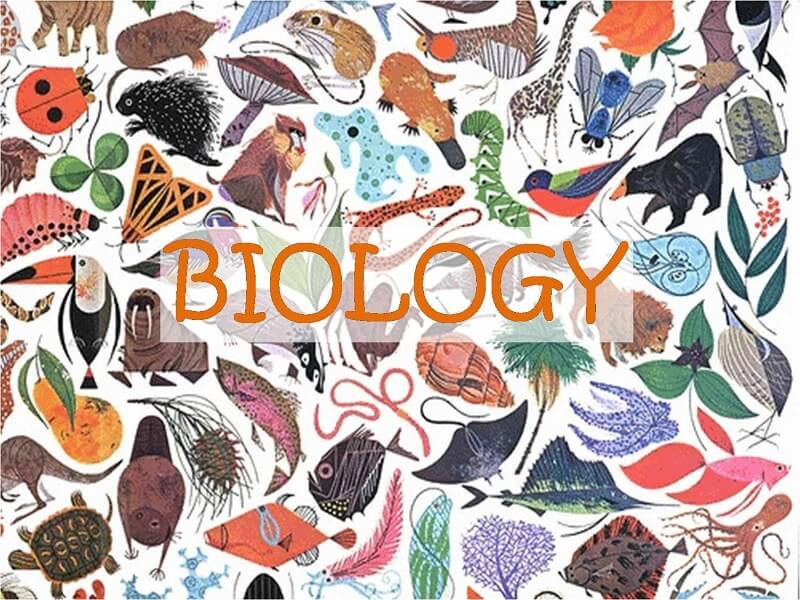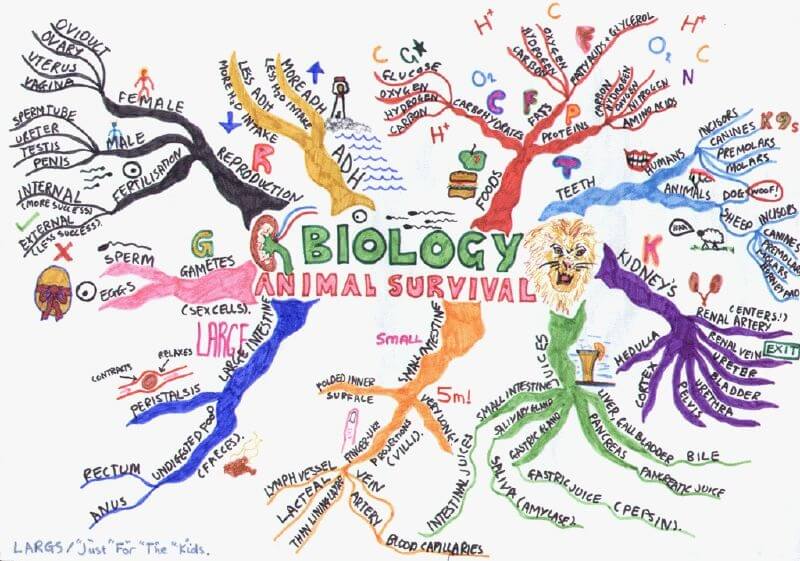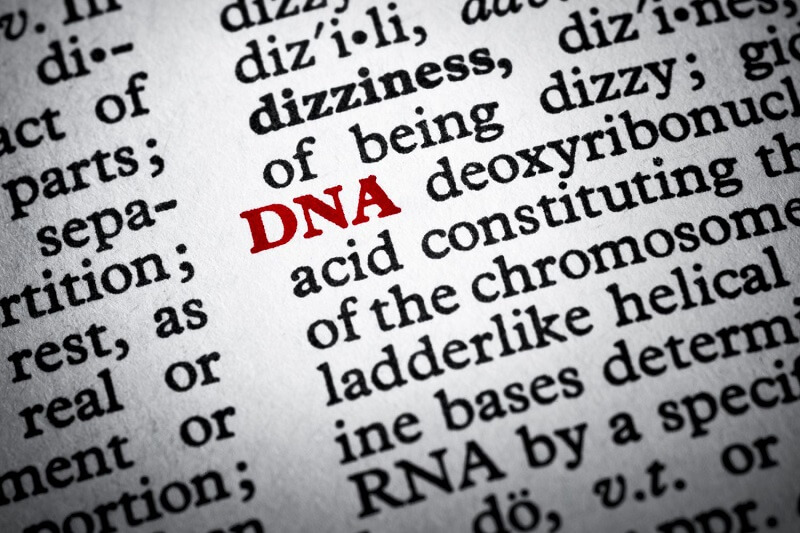ITT – Biology has many difficult terminologies in English. Students will learn Biology in English easily if they master popular Biology terms in English. Since then, they can apply the knowledge to science and real life.

Not only Biology in English but any subjects need to note regularly to remember and write exactly the terminology. Learning the meaning of words and the way of using is necessary with any terminologies in any science field.
Learning Biology terms in English is as other specialized vocabularies, you need to memorize frequently to use correctly and properly. Understanding structure, meaning and application of each terminology, comparing to Vietnamese meaning, summarizing misunderstand terminologies… That are tips of learning Biology terms in English you need to know.
Thus, what do terminologies often use in Biology? Writing down this vocabulary list to support your study as well as find out interesting things about this subject. Here is some specialized Biology in English vocabularies which you can refer to practice and remember every day.
| Biology terms | Definition | |||
| Antibody | A blood protein produced by the body in response to and counteracting an antigen. | |||
| Antigen | A substance which the body recognizes as alien and which include an immune response. | |||
| Artery | Any of the muscular-walled tubes forming part of the circulation system by which blood is conveyed from the heart to all parts of the body. | |||
| Alga | Any of a large group of simple, non-flowering plants containing chlorophyll but lacking true stems, roots, leaves, and vascular tissue. | |||
| Asexual reproduction | A method of producing new young plants or animals from a single plant or animal without separate male and female cells joining together. | |||
| Bacterium | It is a primitive, single-celled organism. | |||
| Biodiversity | Diversity among and within plant and animal species in an environment. | |||
| Cells | They are the building blocks of all plants and animals. | |||
| Chromosome | A thread-like structure of nucleic acids and protein found in the nuclei of most living cells, carrying genetic information in the form of genes. | |||
| Chromosome mutation | Any events that change the genetic structure, all alteration in the inherited nucleic acids sequence of the genotype or an organism. | |||
| Crossing over | The exchange of genetic material between homologous chromosomes, resulting in a mixture of parental characteristics in offspring. | |||
| Circulation system | The system of organs and tissues, including the heart, blood, blood vessels, lymph, lymphatic vessels, and lymph glands, involved in circulating blood and lymph through the body. | |||
| Digestive system | The system by which ingested food is acted upon by physical and chemical means to provide the body with absorbable nutrients and to excrete waste products; in mammals the system includes the alimentary canal extending from the mouth to the anus, and the hormones and enzymes assisting in digestion. | |||
| Ecosystem | A biological community of interacting organisms and their physical environment. | |||
| Ecologycal | The branch of biology dealing with the relations and interactions between organisms and their environment, including other organisms. | |||
| Epithelium | The cellular covering of internal and external surfaces of the body, including the lining of vessels and other small cavities. It consists of cells joined by small amounts of cementing substances. Epithelium is classified into types on the basis of the number of layers deep and the shape of the superficial cells. | |||
| Exon | A nucleotide sequence that is found in a gene, codes information for protein synthesis, and is transcribed to messenger RNA. | |||
| Endoplasmic reticulum | An extensive intracellular membrane system whose functions include synthesis and transport of lipids and, in regions where ribosomes are attached, of proteins. | |||
| Enzyme | Any of various proteins, as pepsin, originating from living cells and capable of producing certain chemical changes in organic substances by catalytic action, as in digestion. | |||
| Embryo | An unborn or unhatched offspring in the process of development, especially an unborn human in the first eight weeks from conception. | |||
| Excretion | The act or process of separating and giving off cellular waste matter from the body. |
| Extinction | The act of making extinct or causing to be extinguished. |
| Functional unit | Involving or containing a function or functions. |

Now, Intertu Education is enrolling potential students for Biology in English courses and Biology international programs (IB Biology, AP Biology, A-level Biology, IGCSE Biology). For inquiries, please contact us directly or via email or hotline.

 Tiếng Việt
Tiếng Việt


